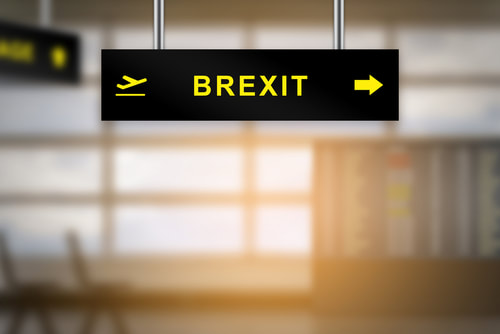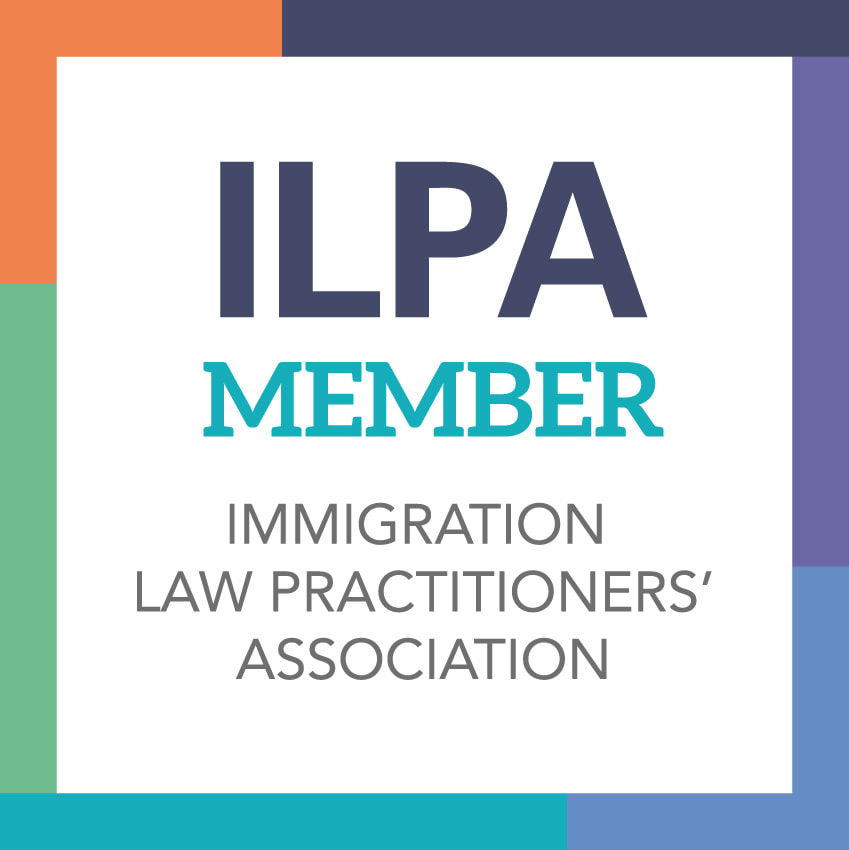|
For most of my time as a UK visa consultant, I'd rarely had cases from EU, EEA or Swiss nationals about what, if anything, needed done either before coming to or once in the UK.
To be honest, aside from some initial worker registration documents for citizens of the 2004, 2007 and 2008 Accession countries for a period of time, or perhaps those bringing non-EU/EEA family members, there was not really anything that necessarily had to be done. You simply arrived, started studying or working or set up a business or settled down with your significant other - or all of these over a period of time - and you went on from there. For the vast majority of people, no-one thought about paperwork and no-one was compelled to do anything. With Brexit scheduled for October 2019, where are we now? Will EU citizens need a visa to study?
Following the Brexit vote, while people found that although over the years, they did not have to do anything to document their residency per se, they could have done something. Now that Freedom of Movement seemed about to end, the erstwhile processes for securing and documenting your rights were, on closer inspection, slightly more complex and rule-bound than most would have thought.
At the moment, this is still somewhat a complex scene. The UK has yet to confirm with itself, the withdrawal agreement it agreed with the EU. There is a vocal section of the body politic who would accept and indeed are pushing for a no-deal Brexit - that is, leaving the EU without any form of treaty or agreement in advance, instead considering that this would be negotiated afterwards. There is a further, perhaps majority section who are pursuing the or at least an agreement with the EU. Finally, there is a section who would revoke Article 50 altogether, thereby remaining in the EU. As a result, there seems a spectrum of possibilities as to how this might ultimately play out. Very generally, the picture appears to be this: If the UK leaves the EU with a withdrawal agreement:You will not need a visa if you plan to arrive before 01 January 2021. If your intention is to stay beyond 31 December 2020 (for example, because of the length of your course or because you may wish to work after your studies), you should apply online for the EU Settlement Scheme . The scheme opened on 30 March 2019 and offers a route to settlement in the UK through allowing what is termed 'pre-settled' status to be conferred and maintained. It is a simple, straightforward application - perhaps more akin to a registration process - made through an app. The app is currently available on Android only but it will go live on iphone by end-2019. In most cases, is completed within 10-15 minutes with an outcome communicated by email within a couple of days. In our case, I managed to get through my partner's application on the 4th attempt, but only because I'd skipped over reading the part about needing to remove any phone cover for the app's near-field technology to read the passport's biometric information. Pre-settled status allows you to work, to study, use the NHS, access public funds if eligible and travel in and out of the UK. If you have already been in the UK for 5 years or more at the time you apply, you'll be eligible to apply for EU Settlement. If you stay in the UK and complete 5 years of pre-settled status, you'll also be eligible to apply for EU Settlement. It is not a sticker or visa or biometric ID card - the decision comes by means of a PDF letter which you should keep safe. In effect, it takes the current Free Movement rules , smooths out some of the previous complexities and transposes them into UK law giving a straightforward way for EU/EEA citizens to document their status and gradually progress towards settlement, if they wish. If the UK leaves the EU without a deal - a no deal Brexit:
Amid a lot of uncertainty as to what would happen more generally, what we know is that the government would enact new immigration rules for EU citizens and their immediate family members, called European Temporary Leave to Remain. These rules would only cover EU students who arrive in the UK after the UK leaves the EU and they would only apply if the UK leaves without a deal.
After three months, you’d need to apply for European Temporary Leave to Remain which would allow you to remain in the UK for 36 months. What is uncertain is the shape of any future immigration rules beyond that point - but the government is planning on implementing a new skills-based immigration system by January 2021 (an article coming soon on this) and it would be assumed that EU citizens in the UK on European Temporary Leave to Remain would need to move into this new system at the end of their 36 months. Most recent exchanges in the UK parliament have indicated that people who may need more than the 36 months - for example, if they are on a 4 year degree - would need to transfer into the Tier 4 or whichever Student route may be in place at that time for the fourth and further years of study. This is particularly relevant for students studying on longer programs in England, Wales and Northern Ireland - Veterinary Studies, Architecture etc - or on any standard undergraduate degree programs in Scotland. This is therefore one to keep an eye on for the future. For now, though, new arrivals in the UK would be looking at the EU Settlement Scheme first and foremost. If Article 50 is revoked and the UK remains or Brexit is delayed:
Should Brexit be revoked and the UK does not leave the EU, I would speculate that part of the UK remaining in the EU will include revisiting how EU/EEA nationals are documented and how Freedom of Movement is administered. Given the expense the EU Settlement Scheme has incurred, one might wonder whether this would simply be repurposed.
If Brexit is delayed but nevertheless proceeds, we might expect to see the timescales noted above shift forward but the overall infrastructure of the EU Settlement Scheme remain in place. In brief then, if you are an EU, EEA or Swiss citizen coming to study in the UK this Autumn 2019, there is nothing specifically to do right this moment - there's no visa to apply for and no paperwork to sort out ahead of arriving in the UK. However, we've been here before and later found there was 'something'. It's also a very dynamic and changeable situation. Considering the lessons from how the reaction to the Brexit vote decision played out for people who were already living in the UK and had been for many years without so much as filling in a form, it's a good option for people to take advantage of the EU Settlement Scheme and register for pre-settled status when they arrive - rather than waiting for the deadline or political cards to turn. It's quick, it's easy and it's free to do so - and you can always borrow a friend's Android device to make your application: it does not have to be your phone! Finally - and most definitely recommended - is to sign up for e-alerts from the UK Government who regularly send out quite useful and informative communications on this and other Brexit related issues. The next few months are going to be interesting times, so it's useful to have a finger on the pulse and seek out the latest from a definitive source. Find the sign-up page here. Comments are closed.
|
Euan - EditorIt's often interesting how frequently patterns and themes emerge in the enquiries we receive at any given time. Archives
May 2021
Categories |
|
Walkthruvisa Ltd
Registered Office: 5 South Charlotte Street, EDINBURGH, EH2 4AN Regulated by the OISC | Ref: F201500995 Walkthruvisa Ltd is a registered limited company in Scotland | SC448707 Copyright © 2015-2024 Walkthruvisa Ltd. All rights reserved. Privacy Statement | Terms and Conditions |
|


 RSS Feed
RSS Feed
